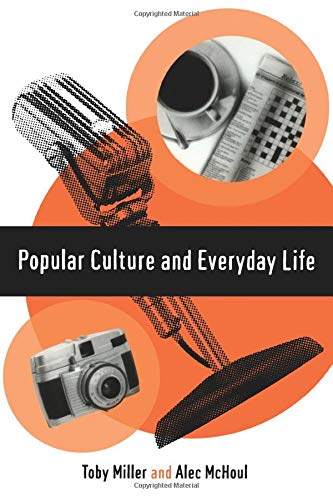Popular Culture and Everyday Life
Availability :
In Stock
₹ 3,916.00
M.R.P.:₹ 4895
You
Save: ₹979.00 (20.00% OFF)
(Inclusive
of all taxes)
Delivery:
₹ 0.00 Delivery charge
Author:
Trish Miller
Publisher:
SAGE Publications Ltd
Edition:
1st Edition
ISBN-13:
9780761952138
Publishing Year:
1998-09-01
No. of Pages:
240 pages
Weight:
380 grm
Language:
English
Book Binding:
Paperback











